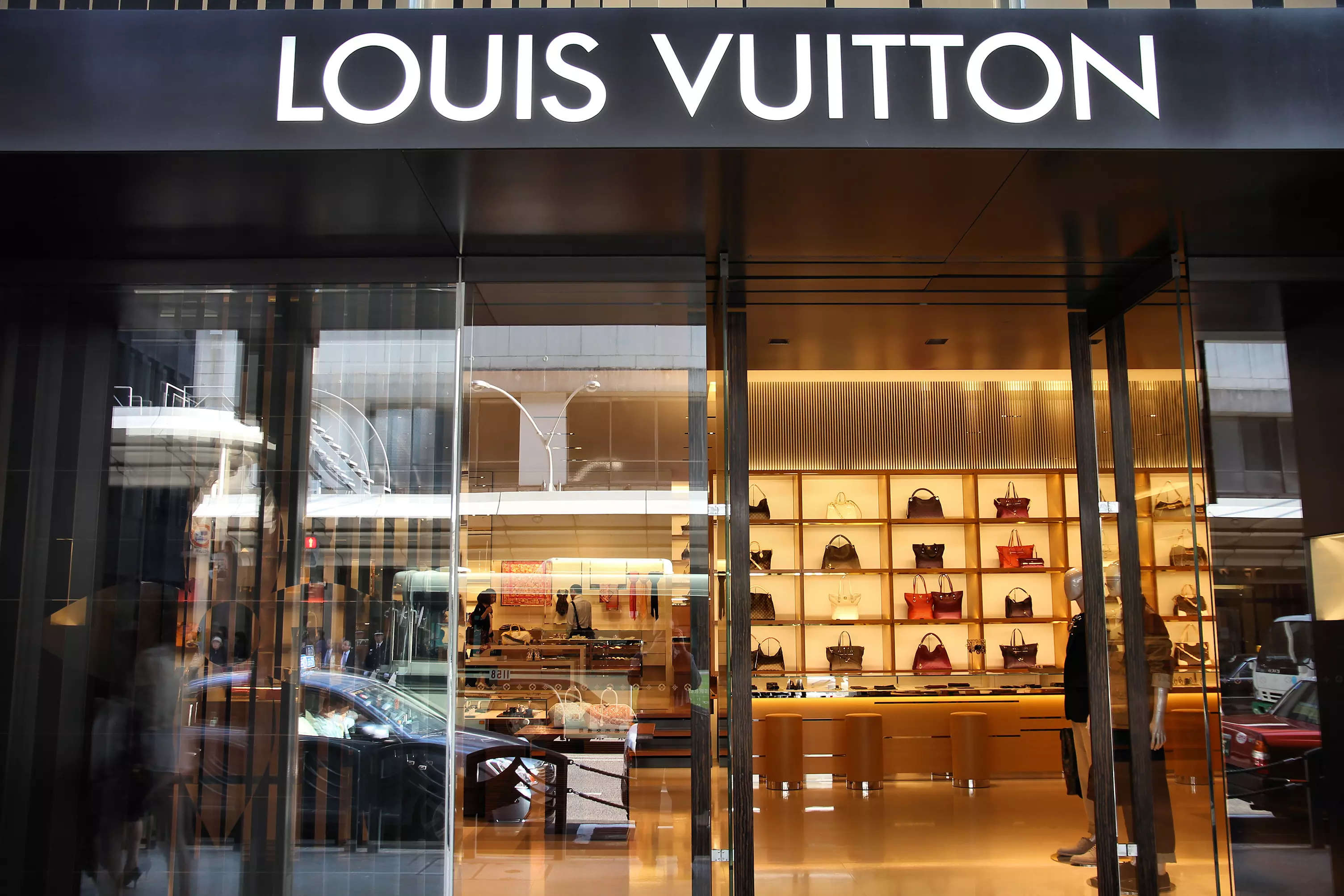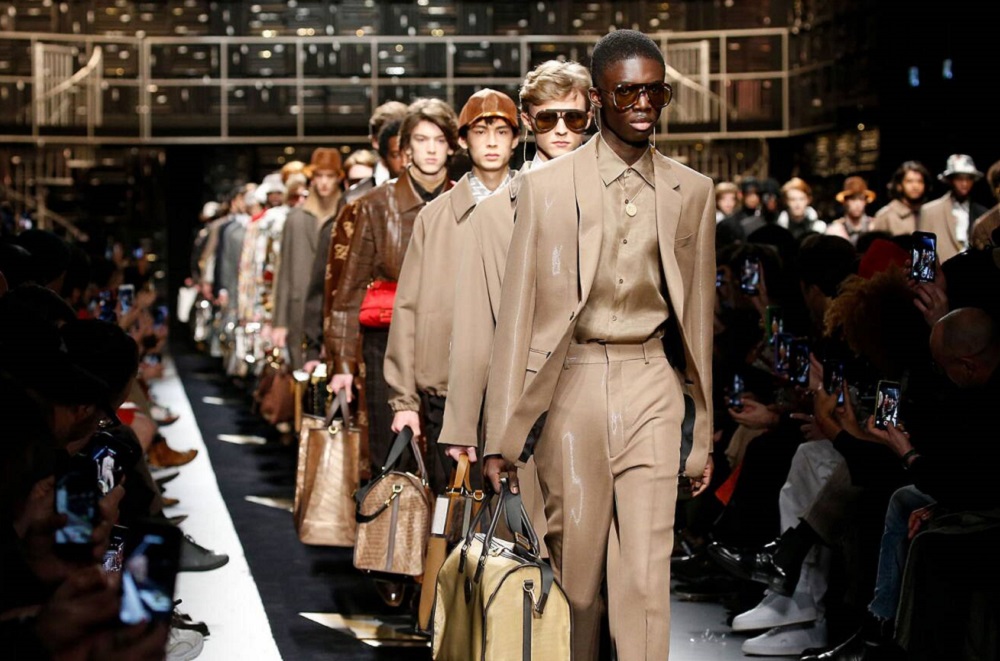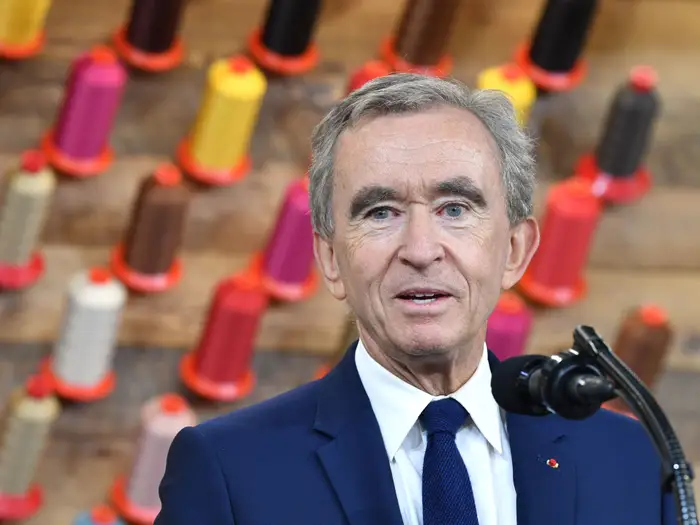LVMH Moët Hennessy Louis Vuitton, commonly known as LVMH, the world’s biggest luxury group has reported strong sales despite geopolitical tensions and high cost of living.
LVMH said it experienced a second straight record year with revenue and profits shooting up driven by the past holiday shopping season.
Sales, LVMH reported reached almost $25bn (£19.9 bn), showing about 9% increase in the final three months of the year.
The company witnessed strong growth in some countries like Europe, US and Japan, where it is placed, making up for losses made in China due to Covid lockdowns.
In the first nine months, LVMH saw a 20% decrease in growth in Asia due to China’s strict zero-Covid policy.
Despite this, LVMH’s CEO, Bernard Arnault, expressed cautious optimism about potential growth in China.

“We have every reason to be confident, indeed optimistic about China. Business is back, the Chinese are buying.”
Mr. Arnault
This, Bernard said while pointing to their Macau stores as a sign of what is happening.
Chief Financial Officer, Jean-Jacques Guiony confirmed this by adding that, results in China were “heavily down,” with traffic to stores slumping 85% from 2019 levels in December but he told Bloomberg that activity in the country had “recovered very significantly” in January.
Furthermore, this 2023’s economic downturns are likely to affect LVMH’s smaller rivals more adversely.
For instance, Kering SA would be greatly affected by a recession at this time, as it’s currently trying to revive the performance of Gucci brand.
Even against this backdrop, LVMH is increasingly in a league of its own – capturing sales from its rivals, all of whom only seem to grow smaller in comparison despite a market capitalization of 400 billion euros – all that is hardly reflected in its valuation.
Arnault’s empire has the breadth and resources to hire the best designers and fund the marketing necessary to keep its houses at the forefront of the imagination of consumers.
Like one of Louis Vuitton’s classic monogram handbags, LVMH has the best chance to remain an integral part of the world’s wardrobe.
About LVMH
LVMH is a European multinational organization and specialized in the manufacture of luxury goods.
The Company was formed in 1987 through a merger between Fashion House Louis Vuitton and Moët Hennessy and is headquartered in Paris.
LVMH controls around 60 subsidiaries that each manage a small number of prestigious brands, 75 in total.
These include: Tiffany & Co.; Christian Dior; Fendi; Givenchy; Marc Jacobs; Stella McCartney; Loewe; Loro Piana; Kenzo; Celine; Sephora; Princess Yachts; TAG Heuer and Bulgari.
The subsidiaries are often managed independently, under the umbrellas of six branches: Fashion Group; Wines and Spirits; Perfumes and Cosmetics; Watches and Jewelry; Selective Distribution and Other Activities.
Its designer label Louis Vuitton did exceptionally well – its revenue surpassing $21.7bn for the first time.
The label has recently teamed up with Japanese contemporary artist Yayoi Kusama, who is famous for her dot-covered artworks.
LVMH’s financial performance is seen as an indicator of the overall luxury market by analysts. Additionally, Bain and Company predicts an increase in spending on personal luxury goods.

“The personal luxury market is projected to see further growth of at least 3-8% next year, even given a downturn in global economic conditions.”
LVMH Report
Recently, LVMH made some changes to its leadership team.
One of the changes was that Mr Arnault, a billionaire, named his daughter as the leader of the fashion house.
Recently, Dior Delphine Arnault, 47, took the position of Pietro Beccari as the head of the fashion house.
It’s worth noting that all of Mr Arnault’s five children hold management positions at different brands within the group.
READ ALSO: Ukraine May Boycott 2024 Olympics If Russians Take Part





















